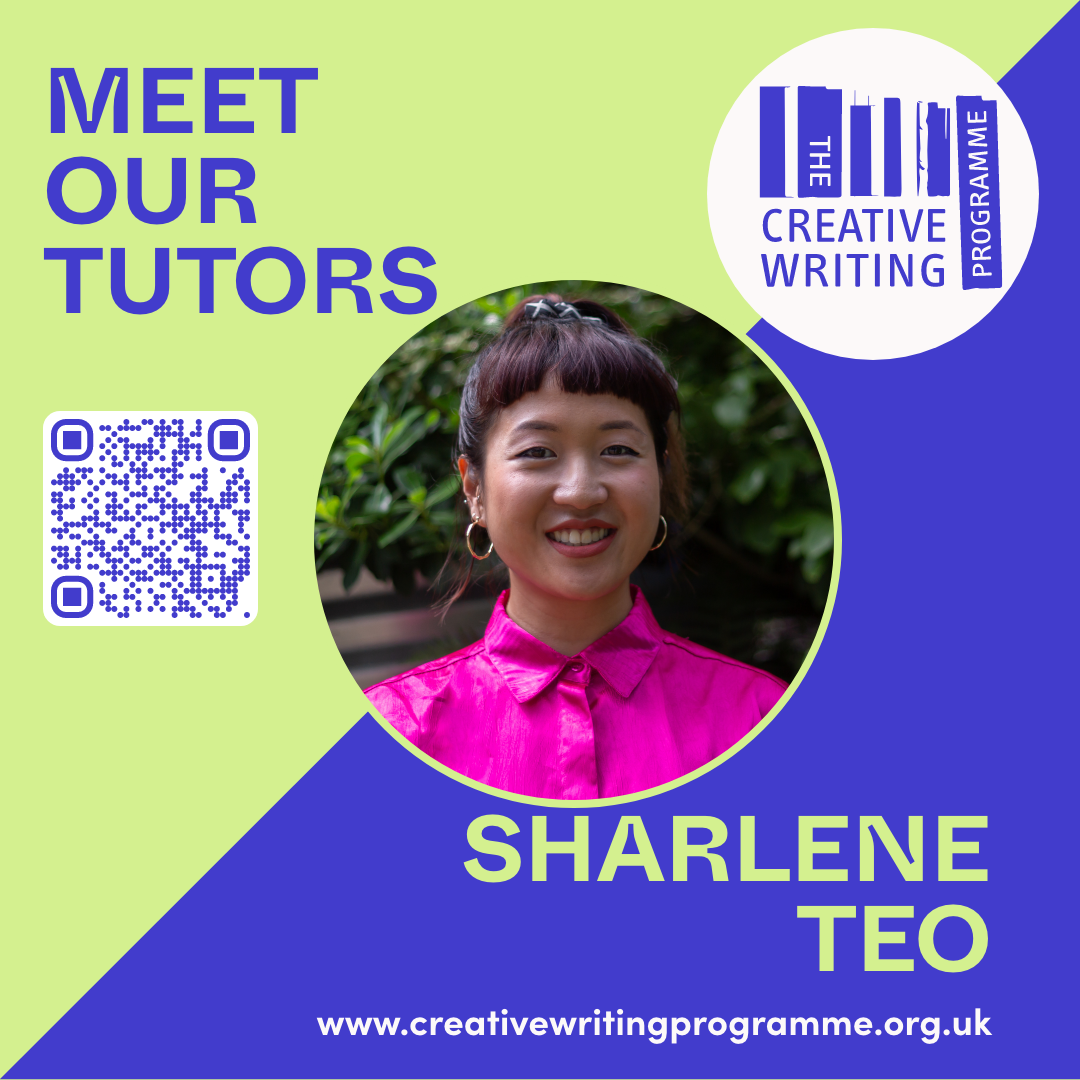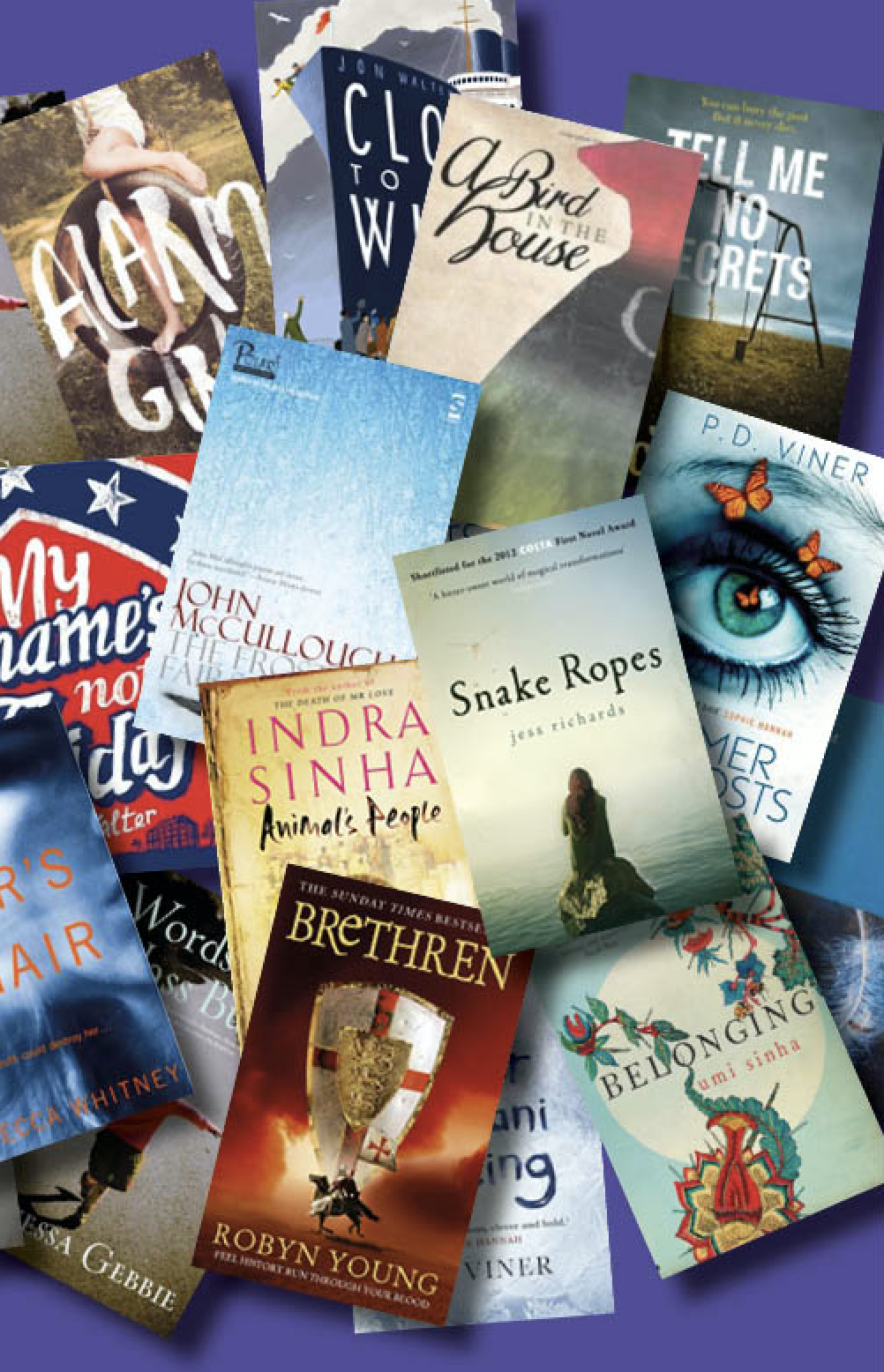
Sharlene Teo is running a two-day course in June on Writing Otherness – how to write different perspectives from our own. Here she talks about her debut novel, her work as a creative writing lecturer and the importance of confronting our biases, privileges and stereotyped perceptions when writing fiction.
There is an ongoing debate in the publishing world about cultural appropriation in literature. Should writers be free to write anything they feel inspired to or should there be some constraints? It’s flattening and censorious to say we shouldn’t write outside of what we know and be entirely constrained by our identity position. I think the approach shouldn’t be one of permission/political correctness or incorrectness but genuine curiosity – why do you want to do that? What will you as a writer get out of the story, and what do you want the reader to get out of it?
Tell us about your Writing Otherness course and why you started teaching it? I was very inspired by the teachings in particular of Nisi Shawl and Cynthia Ward who have been articulating ways to write about difference with sensitivity for a long time. I’m also inspired by Matthew Salesses reevaluation of the workshop model in Craft in the Real World. I can’t purport to be an expert on antiracism or cultural sensitivity, but as a writer and women of colour in mostly white spaces I’m always curious to explore how we can expand upon our definitions of “universality”, “otherness” and “relatability” through writing exercises themselves.
The course aims to challenge and reconstitute the creative writing axiom of "write what you know". When we talk about writing otherness, what do we mean by the self and the other? Who are we writing for? Why and how can we expand upon and challenge the limitations and habits of our own imaginations?
I’ll lead students through fun and sometimes surreal progressive linked exercises where we will write from the perspectives of people, places and things entirely unlike ourselves. The aim is to expand our imaginations and our empathetic capacities, and to realise through the practice of writing that with curiosity and kind intention, the sky's the limit when it comes to writing beyond our comfort zones and identity positions.
We’ll cover areas such as subverting stereotypes, privilege and appropriation; what can we learn from jokes? What can we learn from tropes?; laughing with, not at; historical fiction- dominant and subjugated perspectives; and tricky topics such as writing sex and violence.
Your debut novel Ponti won the Deborah Rogers Writers' Award, and was shortlisted or longlisted for a number of prestigious prizes including the Jhalak Prize. What was the inspiration behind the story and what was the writing process like? Ponti is inspired by the Southeast Asian myth of the Pontianak, a man-eating woman who died in childbirth, a spectral figure of monstrous femininity. It was also inspired by schlocky seventies horror films. I wanted to explore the roles of women and monstrous women both publicly and privately. The writing process was in fits and starts, but ultimately really fulfilling, it changed my life.
When do you first remember wanting to be a writer? Ever since I could read and write. Always.
What are you working on at the moment? The second novel, which is really the fourth or fifth novel if we’re going by extended attempts. I’ll get there soon or eventually!
You’re a lecturer at the University of Surrey. How does teaching creative writing impact your own creative process? I have to separate the two, it’s the only way- but I’m very grateful I get to talk about writing and read for a living.
What’s the best piece of advice you’ve ever been given about writing? Don’t get in your own way.
You completed an MA in Prose Fiction and a PhD in Creative and Critical Writing at the University of East Anglia where you received the Booker Prize Foundation scholarship and the David TK Wong Creative Writing Fellowship. Tell us about your PhD. It was the hardest thing I had to do, harder perhaps than writing my first novel. I’m glad I did it, but I wouldn’t do it again!
Pen, pencil or keyboard? Will you share your writing process with us. Pen and keyboard.
Sharlene's Writing Otherness course takes place on 20-21st June in Brighton. Find out more here.






